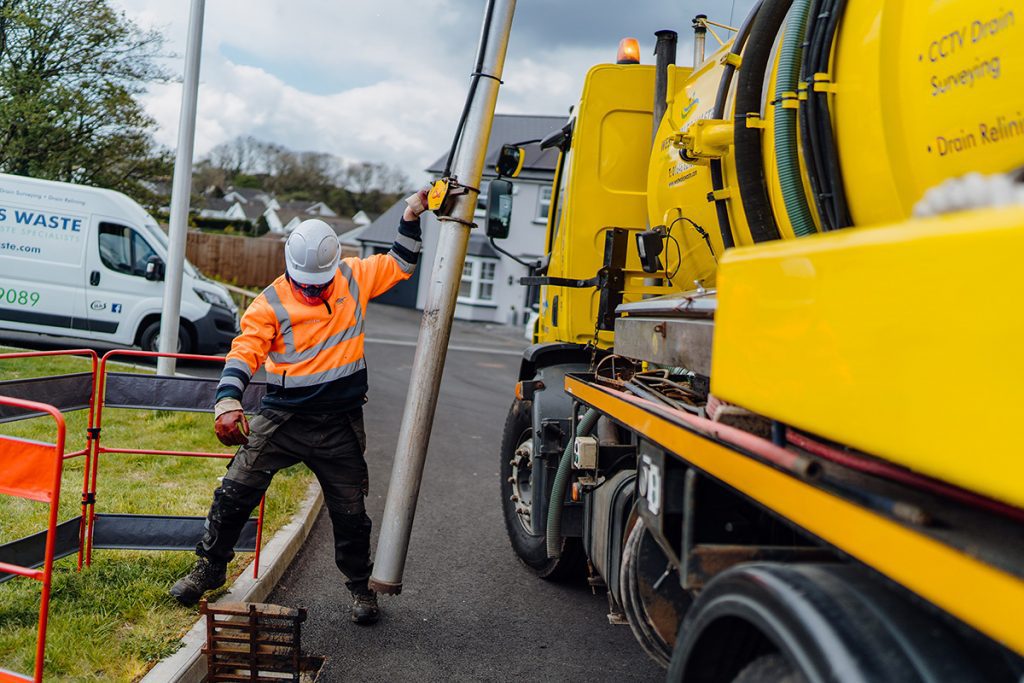Interceptors are an essential part of any waste management system. They are designed to prevent harmful substances from entering the drainage system and causing damage to the environment. However, like any other system, interceptors can become blocked, leading to serious consequences. In this article, we will discuss how to know if your interceptor is blocked and what steps you can take to prevent it.
What Is an Interceptor?
Before we dive into the signs of a blocked interceptor, let’s first understand what an interceptor is. An interceptor is a device that is installed in the drainage system to capture and remove harmful substances such as oil, grease, and solids before they enter the main sewer line. This helps to prevent blockages and protect the environment.
Signs of a Blocked Interceptor
There are a few signs that can indicate your interceptor is blocked. The most obvious sign is a slow draining sink or toilet. If you notice that water is taking longer than usual to drain, it could be a sign that your interceptor is blocked. Another sign is foul odours coming from your drains. This could be a result of trapped waste in the interceptor. Lastly, if you notice any standing water or sewage backup in your drains, it is a clear indication that your interceptor is blocked.
Causes of a Blocked Interceptor
There are several reasons why an interceptor can become blocked. One of the most common causes is the buildup of grease and oil. These substances can solidify and clog the interceptor, preventing it from functioning properly. Another cause is the buildup of solids such as food particles and debris. These can also accumulate and block the interceptor. Lastly, if the interceptor is not regularly maintained and cleaned, it can become blocked over time.
Preventing a Blocked Interceptor
The best way to prevent a blocked interceptor is through regular maintenance and cleaning. This involves removing any accumulated waste and debris from the interceptor and ensuring that it is functioning properly. West Wales Waste recommends having your interceptor cleaned at least once a year, but this may vary depending on the amount of waste your business produces.
Professional Waste Management Services
If you suspect that your interceptor is blocked, it is important to seek professional help. Attempting to clean or unclog the interceptor yourself can be dangerous and may cause further damage. Professional waste management services, like those offered by West Wales Waste, have the necessary equipment and expertise to safely and effectively clean your interceptor and prevent future blockages.

